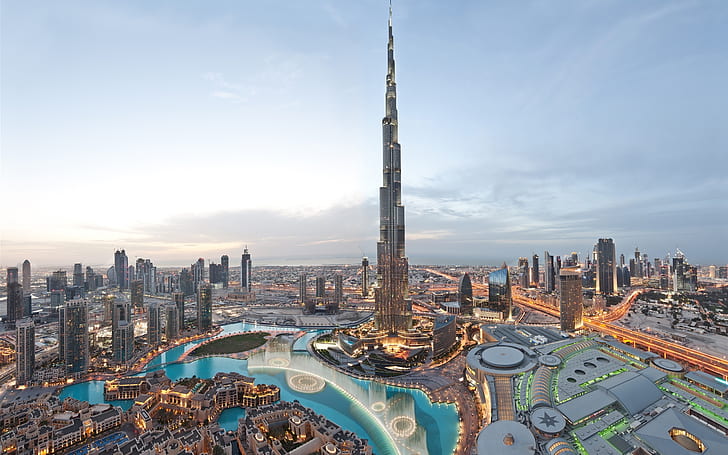Dubai Real Estate: Understand the past, navigate the present, invest in the future. Part I
Dubai’s Real Estate Market Challenges (2015 - November 2020)
Between 2015 and November 2020, Dubai's real estate market faced significant hurdles that led to stagnation and price suppression. Despite being a globally renowned property hotspot, the market experienced a convergence of economic, geopolitical, and regulatory challenges that impacted investor confidence and capital flow. This article explores the key factors that shaped the market during these years and examines the remarkable recovery that has since taken place.
The Challenges between 2015 and 2020
- Declining Oil Prices (2015-2016)
The sharp drop in global oil prices during 2015 profoundly impacted the Gulf region’s economy. While Dubai’s economy is more diversified compared to its neighbors, the downturn in oil-rich countries affected investor liquidity. Many investors from these nations scaled back their real estate investments in Dubai, reducing capital inflow into the market.
- Strong US Dollar (2015-2020)
With the UAE dirham pegged to the US dollar, the strong dollar made Dubai real estate more expensive for foreign buyers, especially those from Europe, India, and China. This currency disparity contributed to reduced international demand—an essential part of Dubai’s property market—further pressuring property prices.
- Oversupply of Properties
Dubai's rapid pace of development resulted in an oversupply of both residential and commercial properties. Although demand continued to grow, it did not keep pace with the increased inventory, leading to downward pressure on property prices and rental yields, creating a buyer’s market.
- Tightening of Regulations
To stabilize the market and prevent speculation, the Dubai government implemented regulatory measures such as loan-to-value (LTV) caps and increased transfer fees. While these policies helped prevent an overheated market, they temporarily cooled buyer activity by making property purchases more challenging for some investors.
- Geopolitical Instability
Ongoing regional instability, including conflicts in Yemen and Syria and tensions with Iran, created a cautious investment environment. International investors, wary of broader risks in the Middle East, were hesitant to invest, dampening Dubai’s appeal as a safe haven for real estate investment.
- Economic Slowdown (2018-2019)
The global economy, particularly in key markets like Europe and China, faced significant slowdowns in 2018-2019, affecting Dubai’s property market. Additionally, the introduction of VAT in 2018 increased the cost of doing business in the UAE, slightly impacting consumer spending and real estate demand.
- COVID-19 Pandemic (2020)
The pandemic had an unprecedented impact on Dubai’s real estate sector. With travel restrictions, reduced tourism, and economic uncertainty, real estate transactions dropped sharply. Many expatriates left Dubai, decreasing demand for both rentals and sales. Construction delays added further uncertainty, affecting project timelines and buyer confidence.
- Expo 2020 Postponement
Originally scheduled for 2020, Expo 2020 was expected to generate significant demand for real estate. However, its postponement to 2021 due to the pandemic reduced speculative interest in the market, contributing to a temporary lull in property activity.


